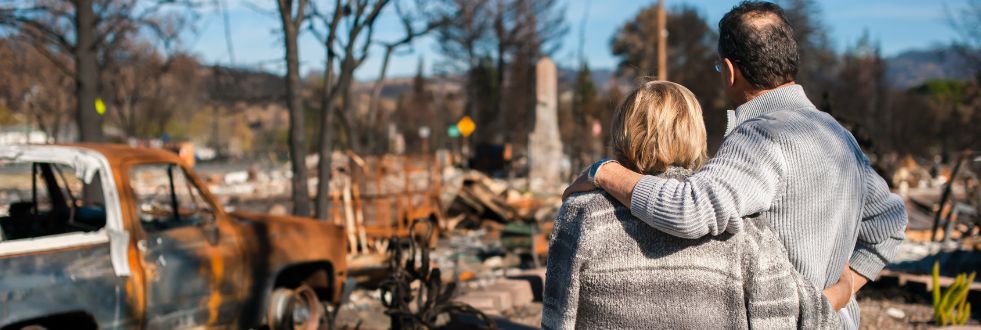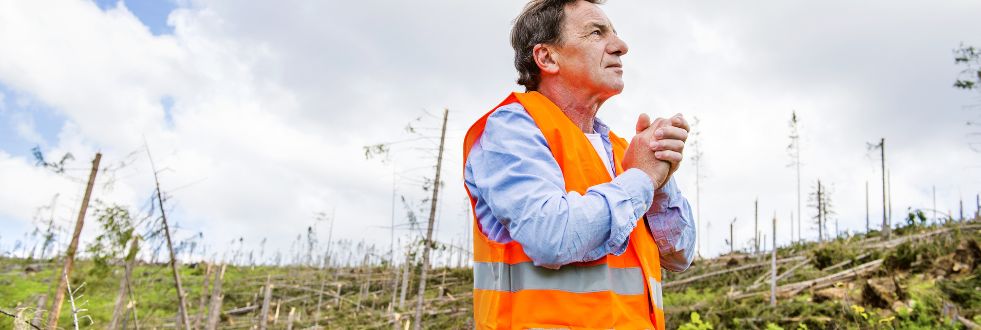When a disaster strikes, the emotional and psychological toll on people and communities can be just as serious, if not more, than the physical injuries. After a traumatic event like a disaster or act of terrorism, many survivors may feel hopeless, overwhelmed and unsure of what to do next. They may even start to doubt their own ability to cope. That’s why giving clear, practical support in those first moments after a disaster is so important. It can reduce stress and help people begin to recover.
Five Key Ways SRT Responds After a Disaster:
- Support Survivors with Mental Health Needs
We help stabilize or treat both pre-existing and new psychiatric conditions that may arise after a disaster. - Provide Psychological First Aid (PFA)
We offer immediate emotional support to those who are acutely affected. - Care for the Caregivers
We provide counseling and emotional support to first responders and frontline workers. - Work as Part of Disaster Health Teams
Our volunteers team up with other healthcare professionals to provide well-rounded disaster response. - Help Communities Recover
We assess mental health needs after a disaster and offer training to support long-term emotional recovery.
One proven way to support survivors is through something called Psychological First Aid (PFA). PFA is a simple, evidence-based approach designed to help children, teens, adults, and families deal with the emotional impact of a disaster. It was developed by the National Child Traumatic Stress Network and the National Center for PTSD and is now used by many groups like the American Red Cross, the Medical Reserve Corps, and others.
PFA includes eight key steps:
1. Contact & Engagement
2. Safety & Comfort
3. Stabilization
4. Information Gathering
5. Practical Assistance
6. Connection with Social Supports
7. Information on Coping
8. Linkage with Collaborative Services
Over the past ten years, SRT, Inc. has trained more than 1,000 disaster volunteers in how to use Psychological First Aid to support survivors in their most difficult moments.





 design by <mwarner>
design by <mwarner>